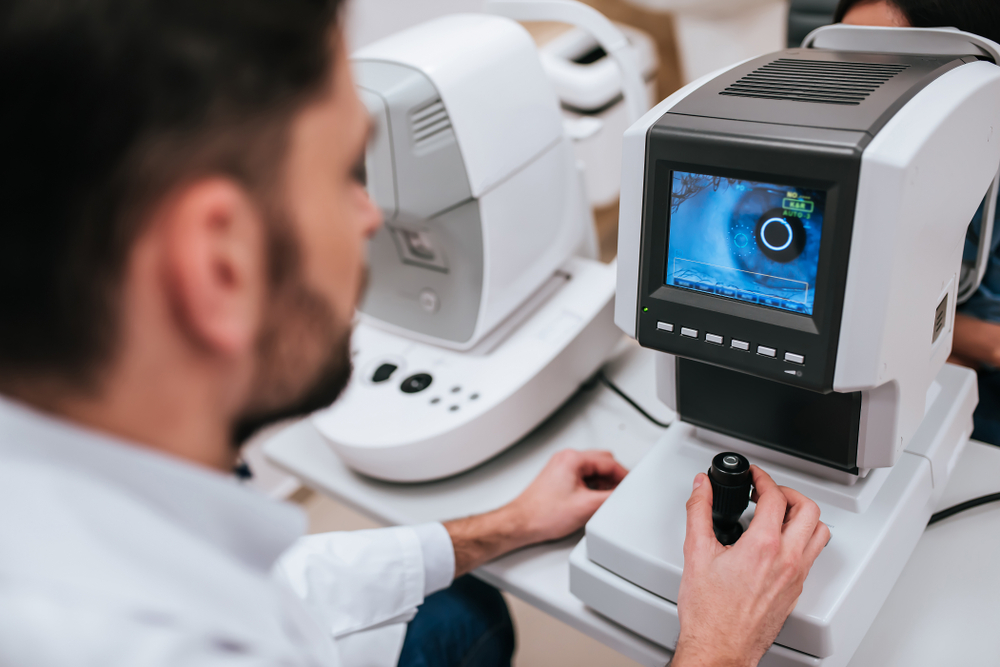DIAGNOSIS
Since facial blindness is not just hereditary, it can also be a cause of brain injury, you have to check with a neurologist so you can have an assessment evaluating your ability to recognize and identify the following:
- Faces of your family members and even strangers
- Faces of celebrities
- Similarities and differences of facial features in the sets of faces that will be presented to you
- Judge age, gender, or emotional cues from sets of faces
The two tests that can be used to evaluate potential prosopagnosia are the Benton Facial Recognition Test (BFRT) and the Warrington Recognition Memory of Faces (RMF). However, the scores are not that reliable, so you have to consult a specialist.
TREATMENT
There is no actual cure for face blindness. No medicines or surgeries, but you can say therapies because the treatment focuses on helping people to better recognize faces and identify individuals. Professionals can also help strategize a better way to connect with people, build stronger social relationships, and manage anxiety or depression symptoms.
It is also suggested to focus on other visual or verbal clues to identify a person like hair color, height, or voice. You can also look for certain mannerisms or outstanding features of the person.


